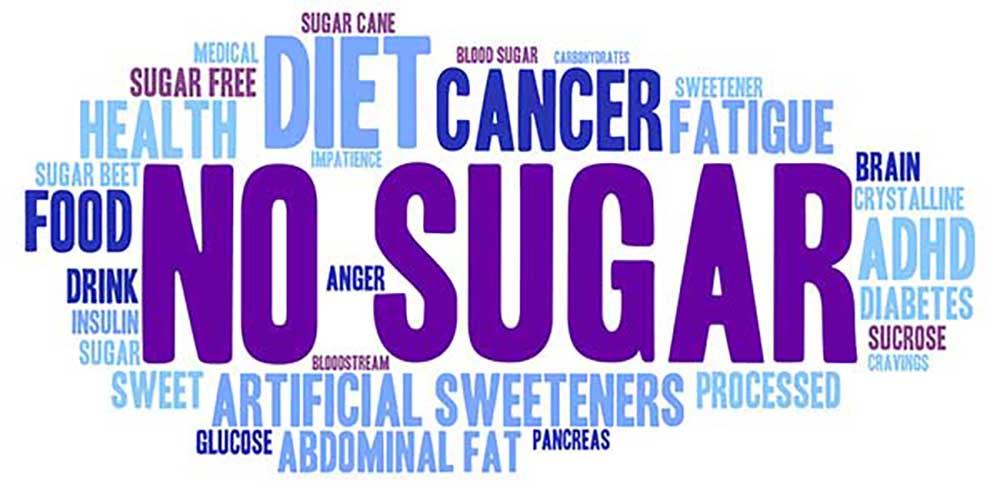Sugar and Cancer: What You Need To Know

A relationship exists between tumor cells and sugar, specifically glucose present in the bloodstream. And because sugar and its varied forms are pretty much present in many common foods and drinks, it would help, most especially for people predisposed to developing cancer, to know how consuming sugar impacts the workings of tumor cells.
Tumor Growth Fueled by Sugar
The Warburg Effect, which was formally accounted for in 1927, is the tendency of tumors to break down sugar far more rapidly compared to healthy cells.
This distinctive feature of cancer cells has been investigated further during the course of a nine-year study, whose results have been published in a 2017 issue of the journal, Nature Communications.
Researchers are now able to explain in precise terms how the intensity of The Warburg Effect correlates with the aggressiveness of tumor growth and spread. Sugar essentially stimulates growth and propagation of cancerous cells, a crucial finding that has practical applications for structuring dietary plans of cancer patients.
Sugar-addicted Tumor Cells
Scientists at the IDIBELL-Bellvitge Biomedical Research Institute uncovered the mechanism that makes The Warburg Effect possible. They have also shown that the abnormally fast breakdown of sugars by cancer cells enhances cell division, thus helping tumors grow.
See Also: Research Shows Half of All Cancer Deaths are Preventable.
A paper published in a 2014 issue of the journal, Nature Communications, provides evidence of a unique feature found in one out of four tumors that grow in human beings. There is a surplus of a specific type of protein, a glucose receptor, present in the exterior region of the cell membrane. This glucose receptor draws glucose from the bloodstream to aid in tumor growth.
Starving Tumors of Their Favorite Sugar Makes Them More Aggressive
Because tumors are essentially addicted to sugar, even resorting to getting glucose from the bloodstream, it seems that the right course of action towards killing cancer cells is to starve them. Studies show that this won’t work. Starving cancer cells of glucose makes them more aggressive.
A paper published in a 2013 issue of the journal, Cell, looks into PKCζ, a protein that enables glucose addiction of tumors while keeping their growth in check. More aggressive tumors are associated with low levels of PKCζ.
All in all, the extensively studied cancer-sugar correlation has broad implications. Research also suggests that cancer therapeutic strategies dependent on reducing glucose may work as long as there is PKCζ production in tumor cells.
References:
“Fructose-1,6-bisphosphate couples glycolytic flux to activation of Ras.” Nature Communications, 2017.
“A DERL3-associated defect in the degradation of SLC2A1 mediates the Warburg effect.” Nature Communications, 2014.
“Control of Nutrient Stress-Induced Metabolic Reprogramming by PKCζ in Tumorigenesis.” Cell, 2013.




